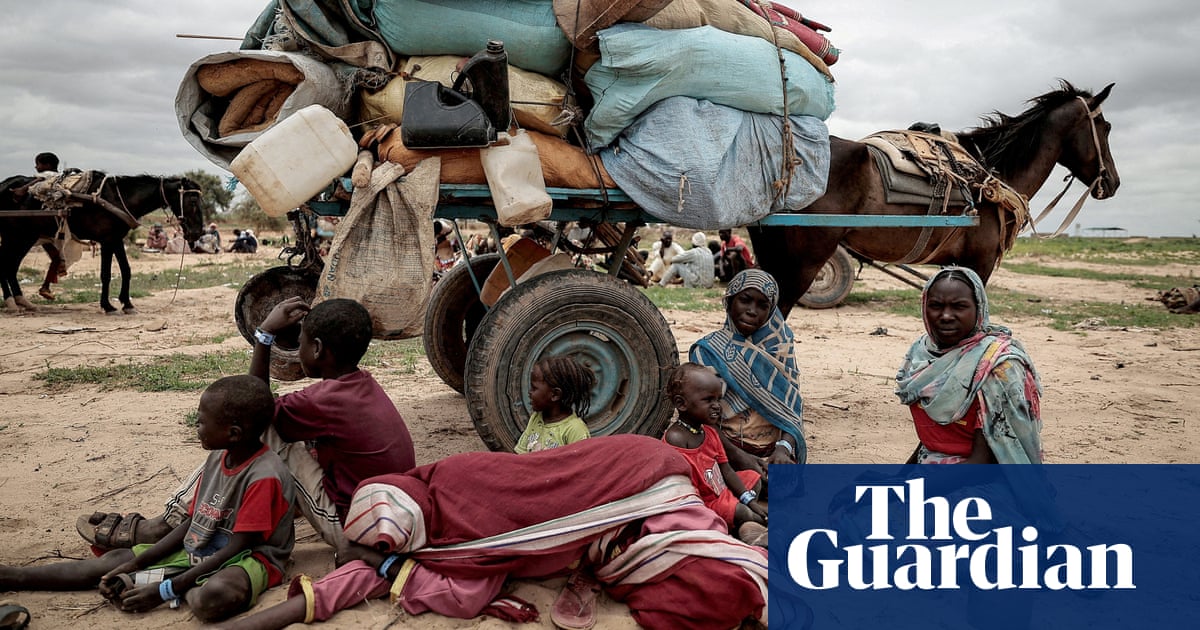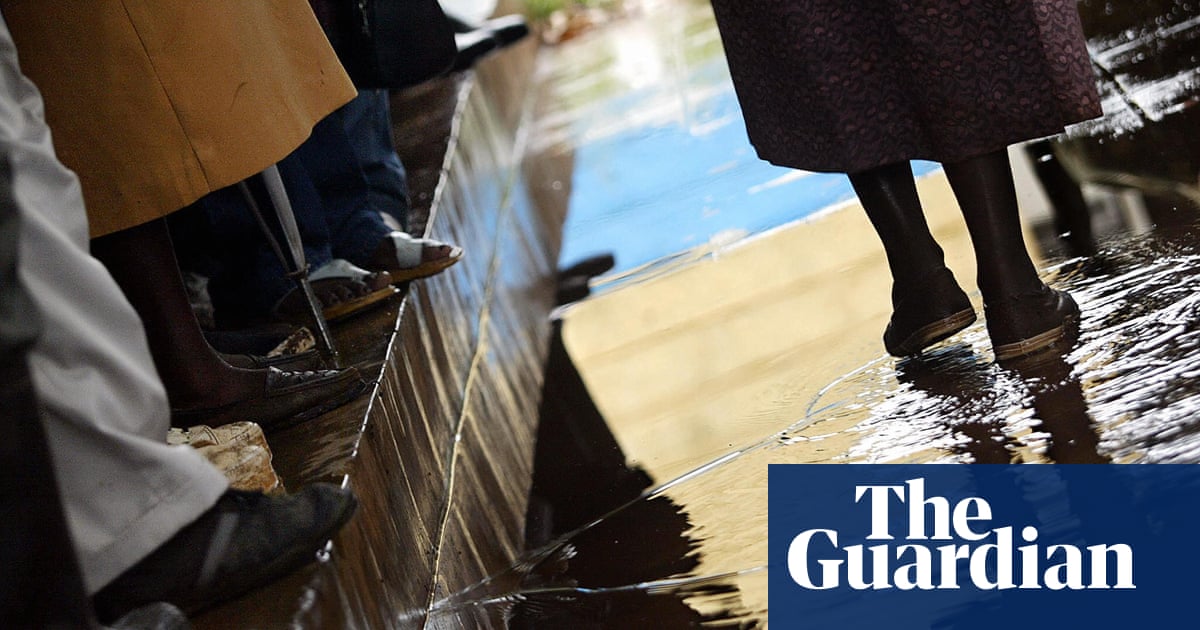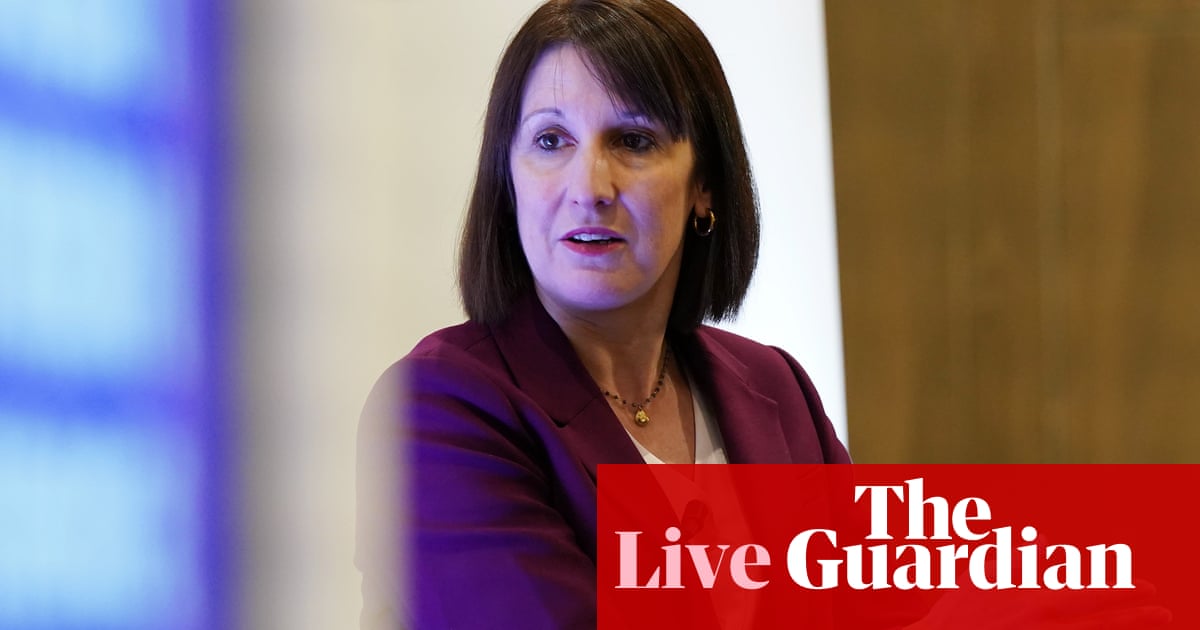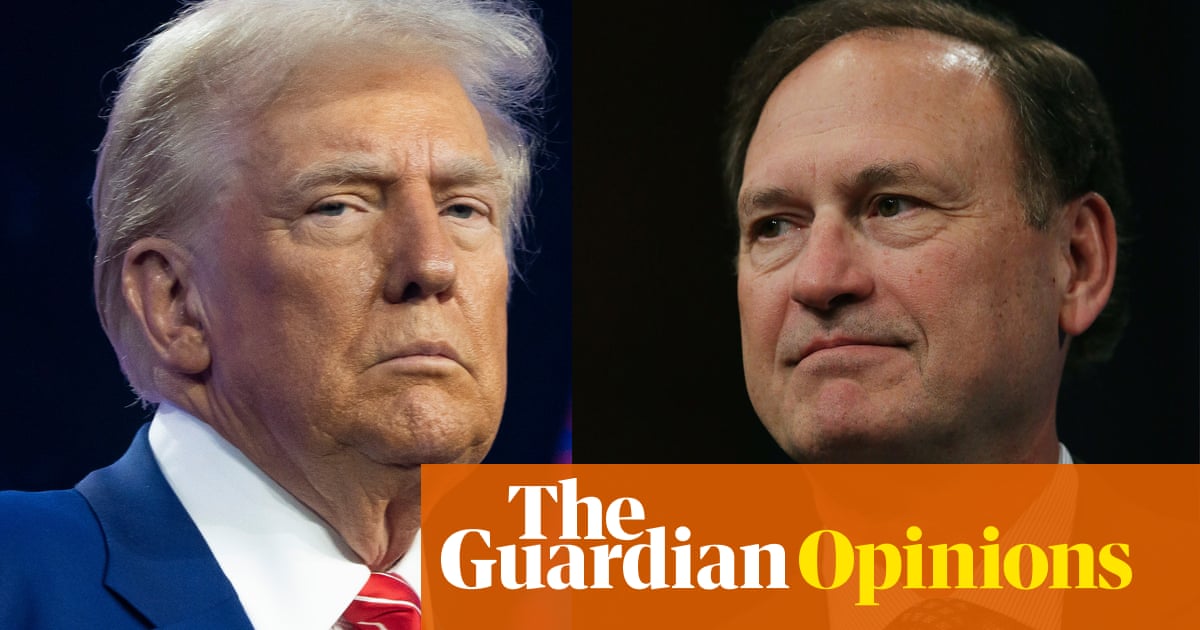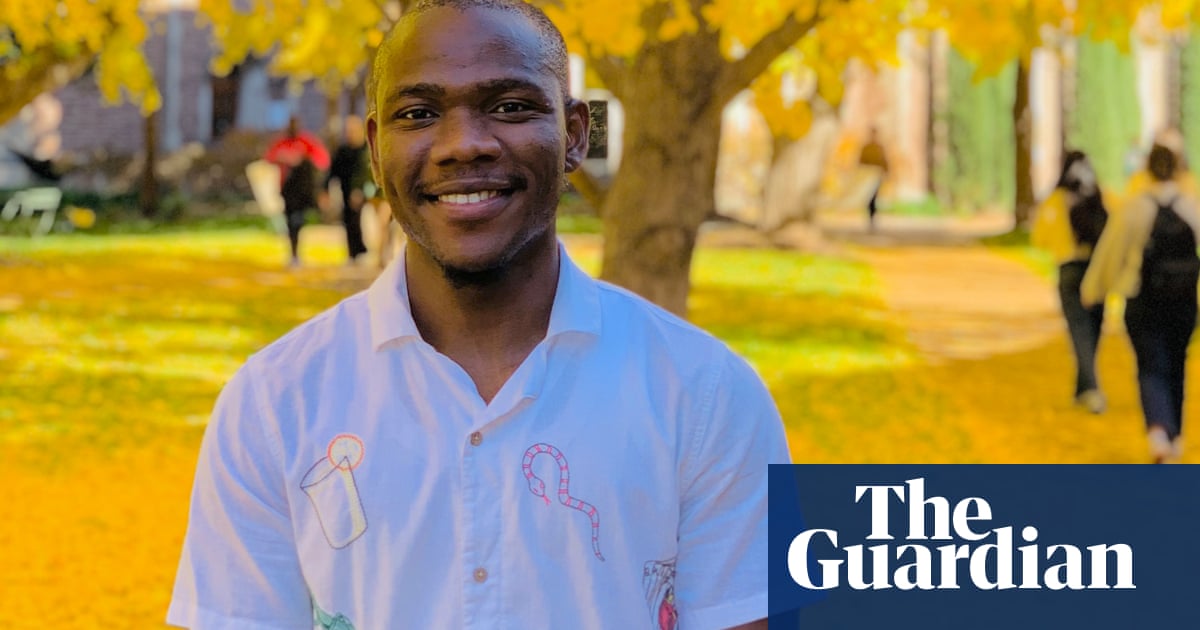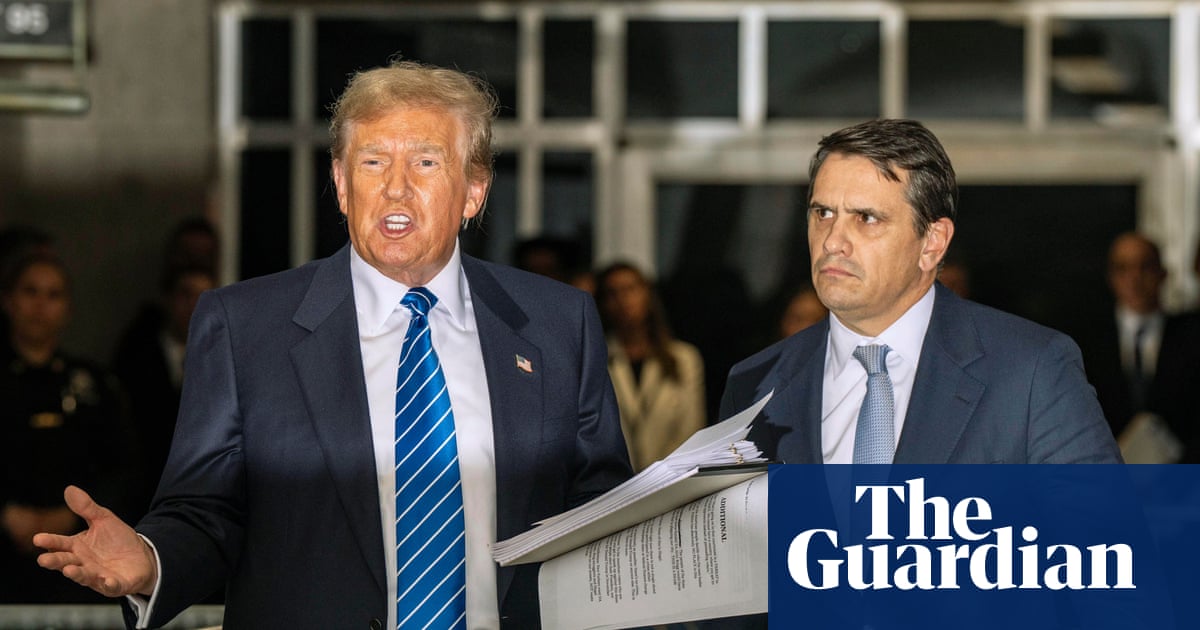International biodiversity offsetting “doesn’t work”, according to experts aiming to create a nature market that avoids the pitfalls of carbon offsets.
The biodiversity sector has been circling the idea of a credits market that would allow companies to finance restoration and preservation of biodiversity, deliver “net-positive” gains for nature, and help plug the $700bn (£540bn) funding gap.
Currently there is little demand, with less than $1m of biodiversity credits sold, according to a report by Bloomberg NEF. The UN’s Cop16 biodiversity conference in Cali, Colombia, was an opportunity to drum up interest – but many remain sceptical, with leading figures cautious about endorsing a nature market.
In a packed room, organisers of a long-awaited framework led by the UK and France released a new set of voluntary standards – and ruled out the possibility of a global offsetting exchange, stating that biodiversity credits should only be used locally to compensate for like-for-like habitat loss.
“Global offsetting in biodiversity doesn’t work and we do not support it,” said Dame Amelia Fawcett, co-chair of the International Advisory Panel on Biodiversity Credits (IAPB). “Local compensation – or local offsetting – for residual harm in the same ecological ecosystem is appropriate.”
For example, if a wetland in Kent was destroyed, then a project to restore wetlands nearby would be an appropriate “credit”. Chopping down a forest in Brazil and replacing it with a forest in the Congo would not be acceptable.
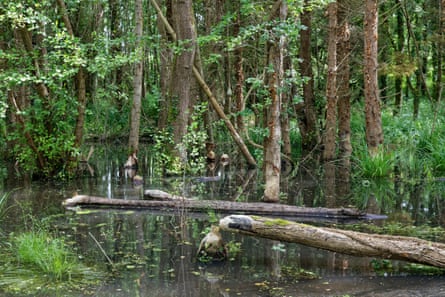
The credits proposal generated significant interest among those at Cop16, with people spilling out of side-room talks on the issue. “It was like a rock concert – there is huge interest in innovative approaches to biodiversity credits,” said Fawcett.
Fawcett’s co-chair, Sylvie Goulard, said the idea was to create a robust framework before the market developed, “which was not the case for carbon credits”. She added: “We hope it can help to build confidence in the system, but it needs to be implemented properly.”
Enthusiasm for biodiversity credits has been tempered by concerns about integrity in the voluntary carbon market. A 2023 Guardian investigation found forest carbon offsets approved by the world’s leading certifier were largely worthless.
“We are taking a very clear position. We are not in favour of biodiversity offsets if it is done worldwide, between different ecosystems and environments,” said Goulard.
The IAPB framework creates criteria for measurements, and says projects must also be well defined, with third-party verification. The framework authors do not believe that these products can be traded between companies or on an exchange because biodiversity credits are inherently local.
Dr Gareth Thomas, who is head of research innovation at the Natural History Museum and was involved in the IAPB research, said: “The IAPB framework represents an important milestone in developing biodiversity credit markets with integrity and underpins the transparency and governance needed to build trust.”
Mary Creagh, the UK’s minister for nature, called it “an important step to creating a nature-positive economy”.
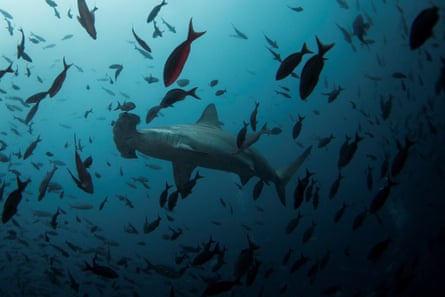
The creation of biodiversity markets was part of broader conversations at Cop16 and in the nature conservation world about how to wire private finance into nature.
The EU’s lead negotiator in Cali, Hugo-Maria Schally, called it “the finance Cop … because I don’t think I’ve ever seen a Cop with such a large number of side-events that try to pinpoint the opportunities and possibilities of leveraging private capital for biodiversity conservation”.
On biodiversity offsetting, Schally agreed it was “something that in our view is not possible in the international field”.
Those that did support credits highlighted the need for more research and proper scrutiny. Flavien Joubert, an environment minister from Seychelles, said: “It is possible that maybe in the future we may have a system for biodiversity credit or carbon credit that works well, however, today there is still too much we don’t know and too many bad intentions.”
But other organisations were criticising credits for distracting people’s attention from more important issues, such as reforming harmful subsidies and directing aid from rich countries to biodiverse countries in the global south.
Lim Li Ching, a senior researcher at the Third World Network (TWN), said: “For us, the central issue is that it really is a dangerous distraction, because we’re not actually focusing on the real causes of biodiversity loss.”
She was one of more than 270 academics and civil society organisations that published a statement arguing that biodiversity credits and offsets posed significant risks to the environment and communities, with the possibility of driving land grabs and human rights abuses.
Signatories of the civil society statement call on governments to halt the development and promotion of biodiversity credits and offsets.
Sophus zu Ermgassen, an ecological economist from Oxford University and co-author of the first academic review of nature credits, said: “Without a driver of demand, there are likely to be very few buyers of voluntary biodiversity credits.
“So my main concern about biodiversity credits is not that they’re harmful – they can’t do much harm if not many people buy them. My main concern is the way they steal the political discourse and political capital away from more important and impactful solutions.”
Find more age of extinction coverage here, and follow biodiversity reporters Phoebe Weston and Patrick Greenfield on X for all the latest news and features

.png) 1 month ago
10
1 month ago
10
